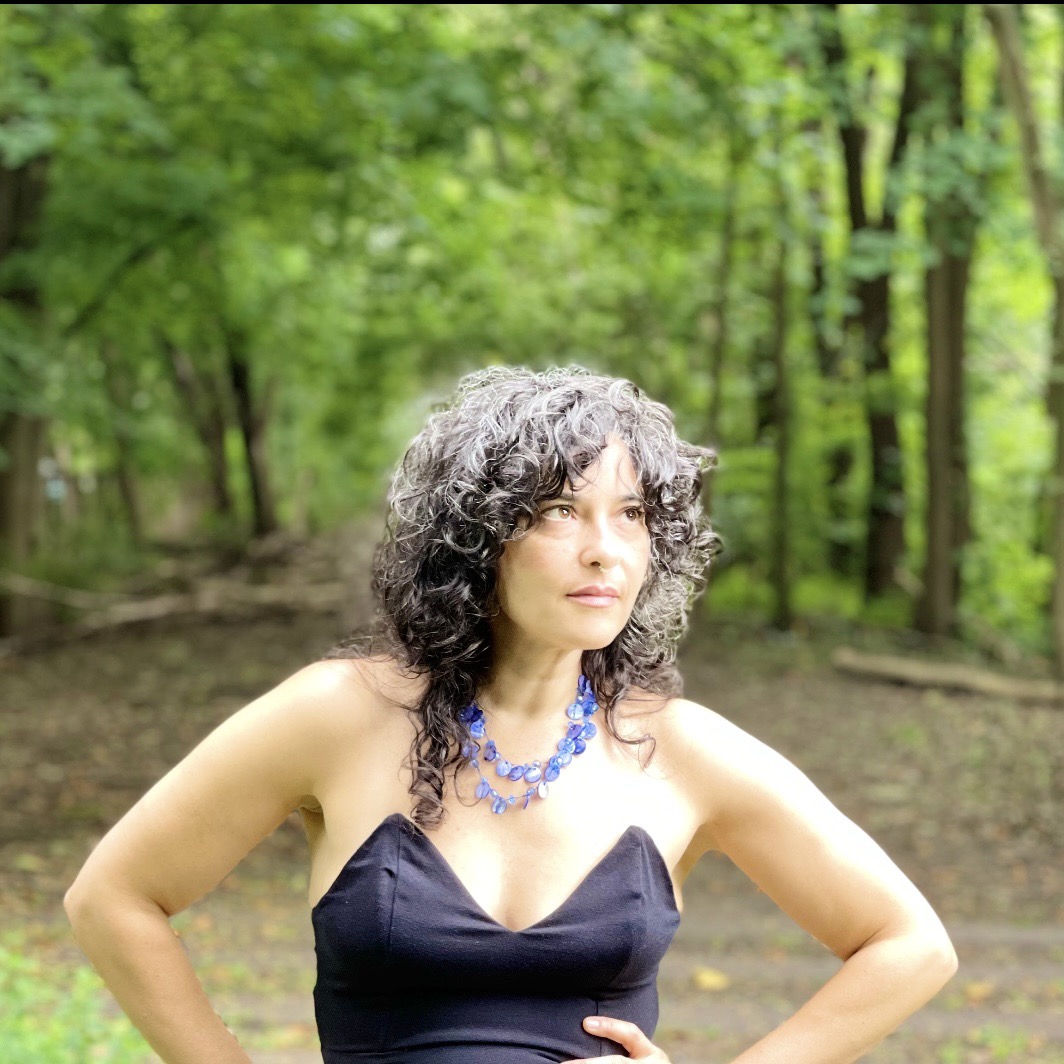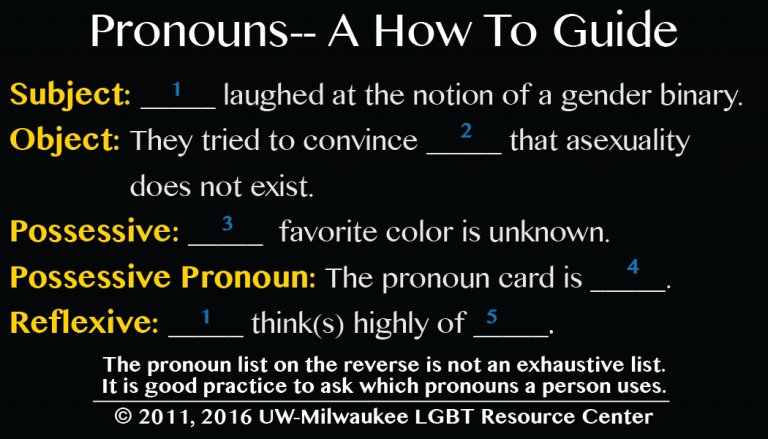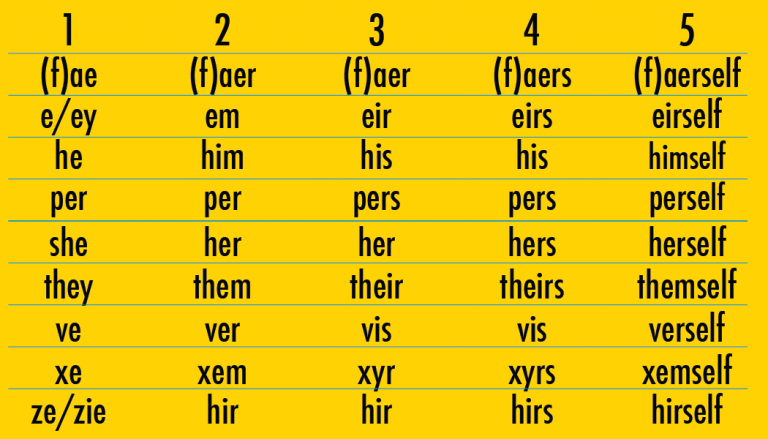Free to be he,she, zer, per or (f)aerselves
- Jessica

- Sep 11, 2021
- 5 min read


Recently, my Facebook feed showed a picture of a mama friend standing with Caitlyn Jenner. One of the comments below the picture read, “what was he/she like?” Sigh.
In the 1900s, I was part of a spoken-word, poetry scene, and one of my teachers, Sekou Sundiata, would talk about the statement we make when we walk down the street, as a signifier of who we are. There was a time when I would put on my Frye knockoffs à la Target and feel like I was expressing my inner Butch. Now, decades later, I have decided to wear big earrings as much as I can remember to, to say, “look at me, I give a fuck.”
Sometimes this signifying choice stating loud and clear for all passersby to hear, “this is me,” is unconscious and sometimes it’s very purposeful. These statements can be made around race, class and of course, gender, among other areas. Unfortunately, most of us see things as a binary - black or white, girl or boy, gay or straight. It’s not your fault that you are hardwired to identify and compartmentalize. However, don’t let that revelation turn you into a complacent close-minded pig and don’t make reckless comments or ask reckless questions. Yes, there are questions that are reckless and there are questions that are asked without thought or consideration, ergo “thoughtless questions.” And usually these pop out of our mouths when our internal editor is taking a nap.
I’ll illustrate with an example from my own life, of the sort of “thoughtless question” I have been asked too often. I have ivory skin, with freckles. I liken my complexion to a latte macchiato. My hair is a dark brown, almost black. Years ago, it had curls that my mother would force straight with a hot comb. With age and babies, I now have a wave in my hair that confuses me. My racial identity is Black, my ethnicity is Slavic and Black and my nationality is American. I am often asked:

Exchange #1
Stranger : Where are you from?
Me: Chicago
Stranger: No, your family, what are you?
Me: Black and Slavic
Stranger: Black? You don’t look Black. (Thoughtless)
Exchange #2
Acquaintance: Blah blah blah…for an African American.
Me: Excuse me? You know I’m Black right?
Acquaintance: No you’re not. Stop it. You don’t look Black. (And there it is again -Thoughtless)
This used to lead to further conversation about my parents and the assumption that I am part of some utopian breed that must have be color blind.
I see color. I also see gender and religion when it’s signified by jewelry or clothing and whatever else my brain tries to classify. I see all these things in my daily personal life and professional life as a nurse.

The medical profession is one of the most rigid when it comes to binary gender classification. The medical record will say female, while the presentation is “male.” Nurses and providers may avoid using a pronoun altogether while giggling and referring to “Pat” in the staff room and “Dear” at the bedside. Those who have some awareness may be ridiculed by their co-workers, or may think it’s all too complicated to keep up with. Well, guess what? People are complicated and they deserve to each receive the best care possible while feeling respected at the same time, so let’s review some terminology.
So here’s my always evolving understanding, beginning with the basics:
Let’s break down LGBTQIA+
(If you’re thinking, “wait, I thought there were only 3 or 4 letters in that, does it keep changing?” You are right, it does keep expanding as understanding expands.)
L - Lesbian, women who are only or mainly attracted to women
G - Gay, men who are only or mainly attracted to men
B - Bisexual - people who are attracted to either gender
T - Trans - Gender or Sexual - the difference is that transgender people feel that their gender doesn’t match their biological sex - but may feel at home being androgynous or gender fluid. Transsexual people understand that they have been born into the wrong biological sex and transition to the opposite sex, this may or may not include surgery.
Q - Queer or Questioning, I like to think a majority of the population falls under this category.. Anything but straight up straight.
I - Intersexed - their chromosomes say one thing but their genitals say another.
A - Asexual - a person that has no desire for sexual expression. This is not a celibate person by circumstance but a person that is on the part of the sexual spectrum where one does not have any sexual desire. A can also stand for Ally, a person that believes in equality for all, human rights for all.
+ - All other genders and sexualities that have not been mentioned within the other letters.
Getting a little deeper into a few other terms to know:
Cisgender - A person that identifies with their birth gender/sex
Boi- Female assigned at birth with masculine presentation
Gender fluid - Moving between the two genders
Heteronormative - The assumption that heterosexuality is the norm
Nonbinary - Gender that is neither female/male or man/woman
Pansexual - Being attracted to any gender
Two Spirit - North American indigenous term for various gender identities
What about pronouns?
Here are a few tables to introduce you to some pronouns that you may or may not come into contact with. You will not be quizzed on this information, so relax. This is a “the more you know” moment. However, if you feel like one of the pronouns truly speaks to you, try it on. One more thing, gender neutral terms aren't new. The Lesbian, Gay, Bisexual, Transgender Resource Center, where I got these charts, points out that in the 1700s “Ou, a” was a gender neutral way of say “ ___will” and today “one” can be used as a pronoun as well as in, “One will fetch my Tesla.”
Recently, I read a commentary to the NY Times wherein the writer wrote, “We question the ‘realness’ of people’s gender all the time” (C. Strangio). I would add that we also question the “realness” of race, religion and socioeconomic status. I am not saying that we have to be “correct” all the time or memorize the above list or start calling everyone “they.” What we do need to do is not to assume someone’s identity or feign confusion with an insulting “He/She?” How about instead, we ask thoughtful questions? Questions that allow for individuality and that respect the choices of those around us.
For health professionals, just as you ask your patients, “what is your preferred language?” why not follow that up with, “do you have a preferred pronoun?” The answer might be: him, her, ze or maybe you’ll be asked to simply call them by their first name. For a while, I tried to get people to call me Duchess Peaches, it didn’t stick, probably because it really wasn’t my true identity. But for those people who have gone through the true and rigorous labor of self-discovery and understanding, it is our duty to respect their journey, listen to their voices and thoughtfully honor who they really are. Then we are truly caring for the private parts of wellness.
Here are some sources and resources (links) you might want to look into.
Pflag - For Parents




%20(300%20x%20100%20px)%20(300%20x%20100%20px).png)
Comments